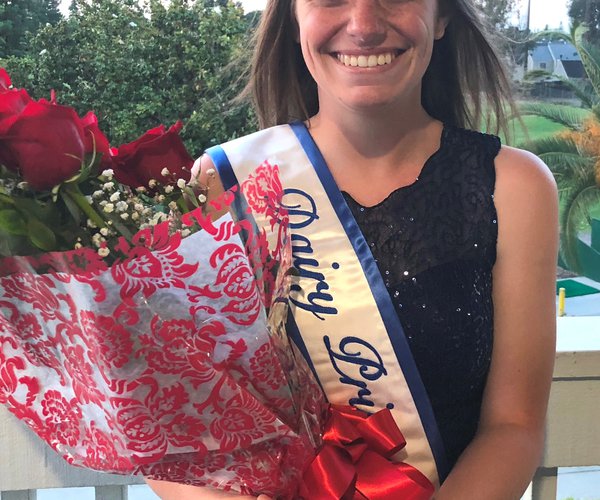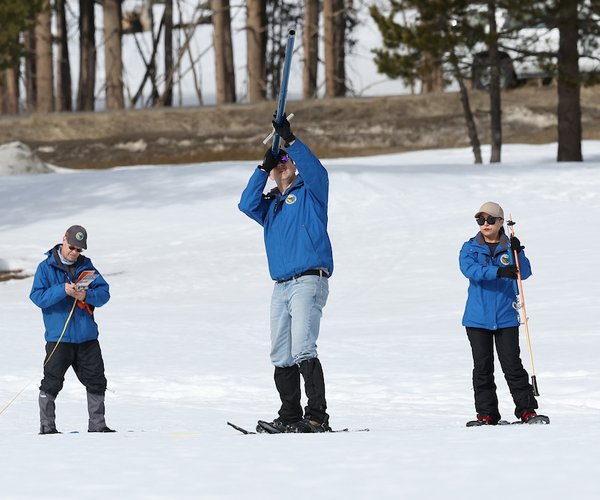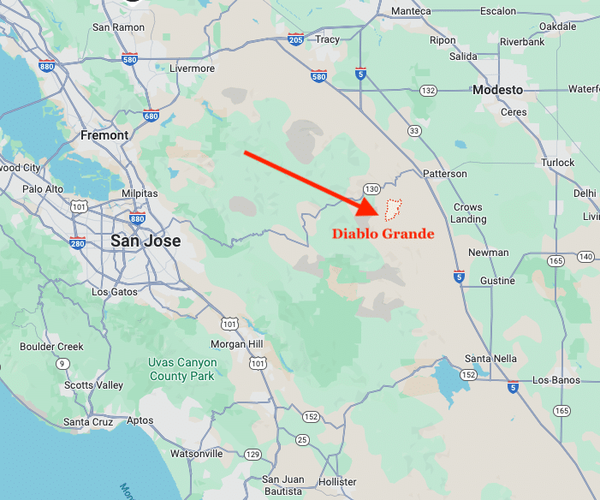MERCED — Merced County health officials have confirmed the first human case of neuroinvasive West Nile Virus (WNV) this year, involving a resident of Atwater. The Merced County Department of Public Health announced the case on Sept. 8, noting that no further details would be released due to medical privacy laws.
The confirmation comes amid increased mosquito activity in the region. The Merced County Mosquito Abatement District has detected WNV in 37 mosquito samples across the county. Statewide, 31 human cases have been reported in California as of the same date.
West Nile Virus is transmitted through the bite of infected mosquitoes, which acquire the virus after feeding on infected birds. While many cases result in mild symptoms such as fever, headaches, and nausea, severe infections can lead to neurological complications requiring hospitalization.
“Mosquitoes can carry the West Nile Virus, which can lead to severe brain infections and even be deadly,” said Dr. Ruhel Boparai, Merced County Interim Health Officer, and Dr. Ignacio Santana, Assistant Health Officer. They urged residents to take precautions, especially during early morning and evening hours when mosquitoes are most active.
Health officials outlined several key prevention strategies:
- Dump and Drain: Remove standing water from containers like flowerpots, buckets, birdbaths, and pet bowls.
- Maintain Pools: Drain or treat unmaintained swimming pools. The District offers assistance for treatment.
- Manage Agricultural Water: Avoid allowing water to sit in fields or pastures for more than three days.
- Defend Yourself: Use EPA-registered repellents containing DEET, Picaridin, or Oil of Lemon Eucalyptus.
- Avoid Peak Hours: Limit outdoor activity at dawn and dusk.
Unmaintained swimming pools remain a major concern, providing ideal breeding grounds for WNV-carrying mosquitoes in urban areas. The Mosquito Abatement District continues regular surveillance and treatment efforts, including aerial and ground applications. Treatment schedules are posted on Facebook, Instagram, Nextdoor, and the District’s website at mcmosquito.org.
Residents are encouraged to report dead birds—key indicators of WNV activity—to the California State Hotline at 1-877-WNV-BIRD or online at westnile.ca.gov/report. Reports of unmaintained pools or mosquito hotspots can be made anonymously at mcmosquito.org or by calling (209) 722-1527. All services are free.





